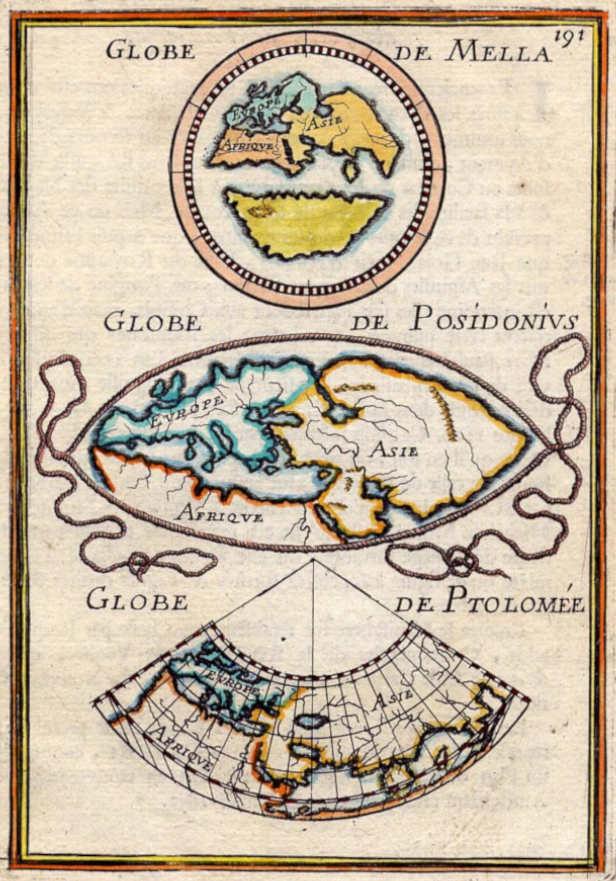Posidonius of Apamea (135–c. 51 BCE) was head of the Stoic school after Panaetius in the historical period known as the Middle Stoa. He was also a scientist, geographer, religious mystic, and one of the foremost intellectuals of his day. We at the College of Posidonius are inspired by his legacy and have created this school to continue exploring the visible and invisible worlds of physics and metaphysics upon a foundation of Stoic philosophy. To borrow a Sufi metaphor, to the candlestick of the Stoa we are the flame.
䷱
